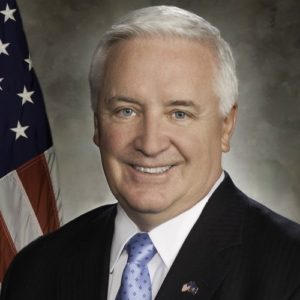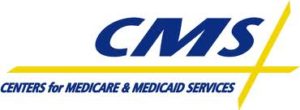PA Proposes Changes In Medicaid Eligibility System
The Pennsylvania Department of Public Welfare has asked the federal government for permission to make changes in its Medicaid eligibility system.
The request, submitted to the Centers for Medicare & Medicaid Services (CMS) earlier this month, meets a federal deadline that will enable the state to gain federal matching funds to help pay for the upgrade.
Learn more about the state’s request and why it was submitted in this Central Penn Business Journal article .
.






